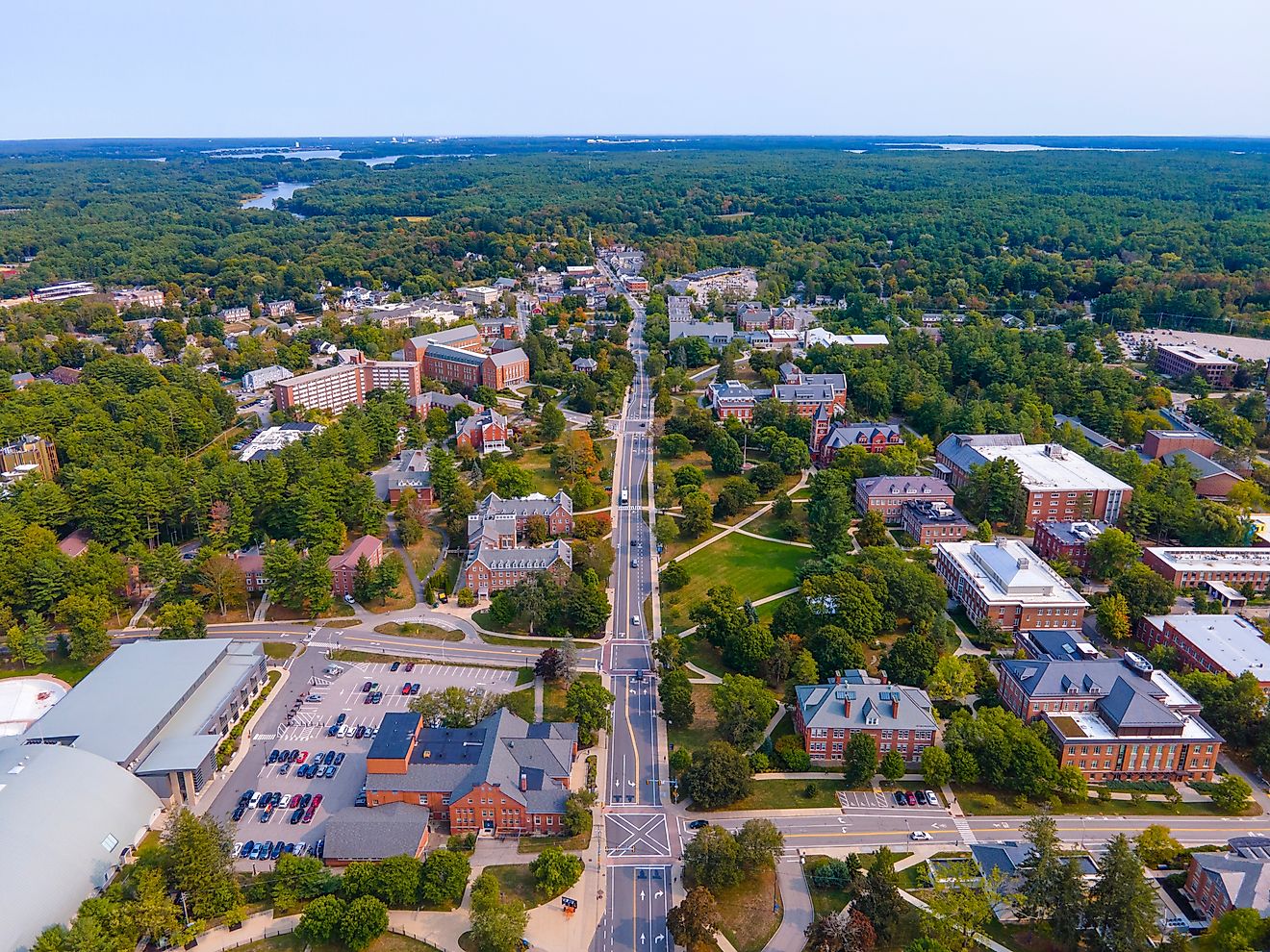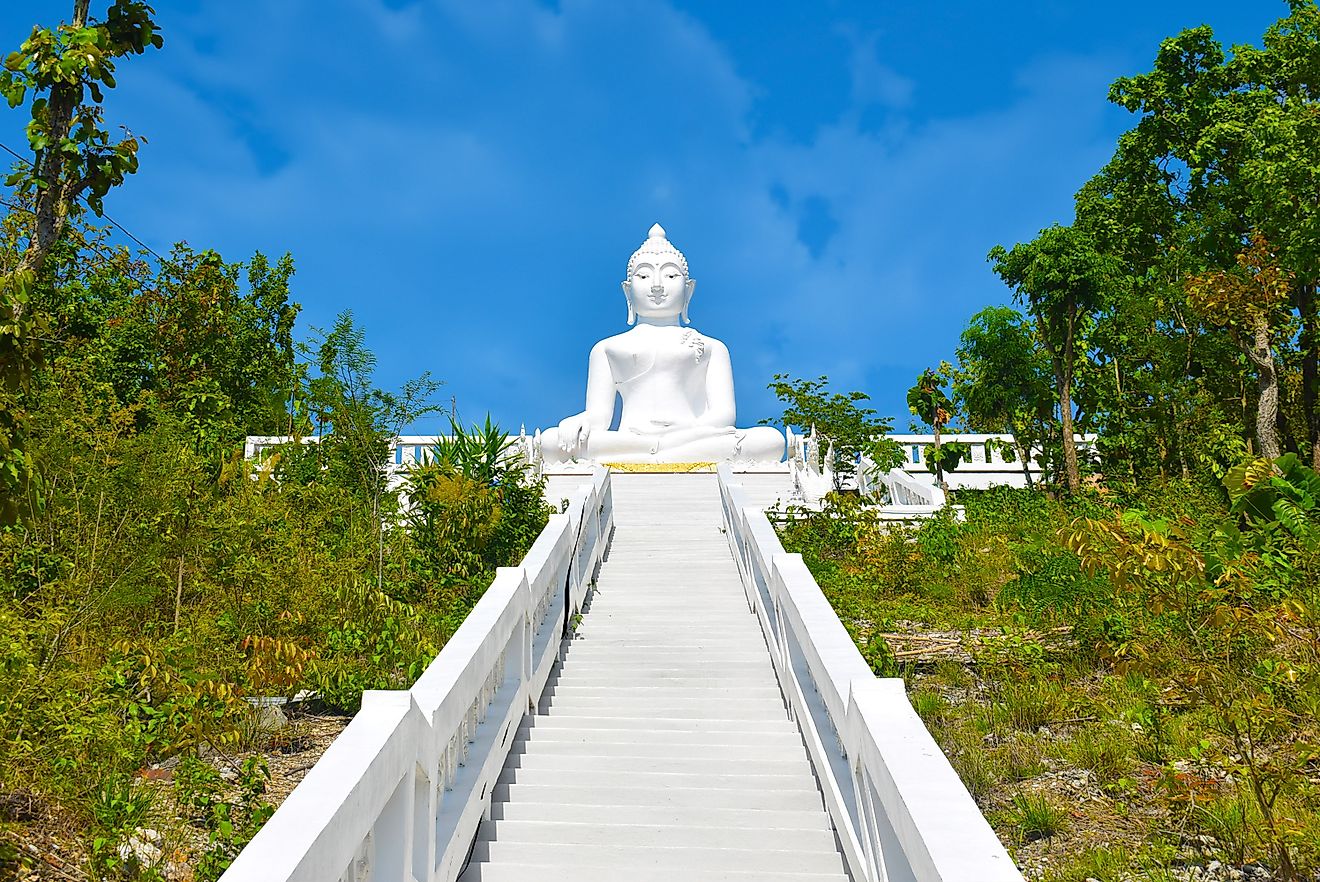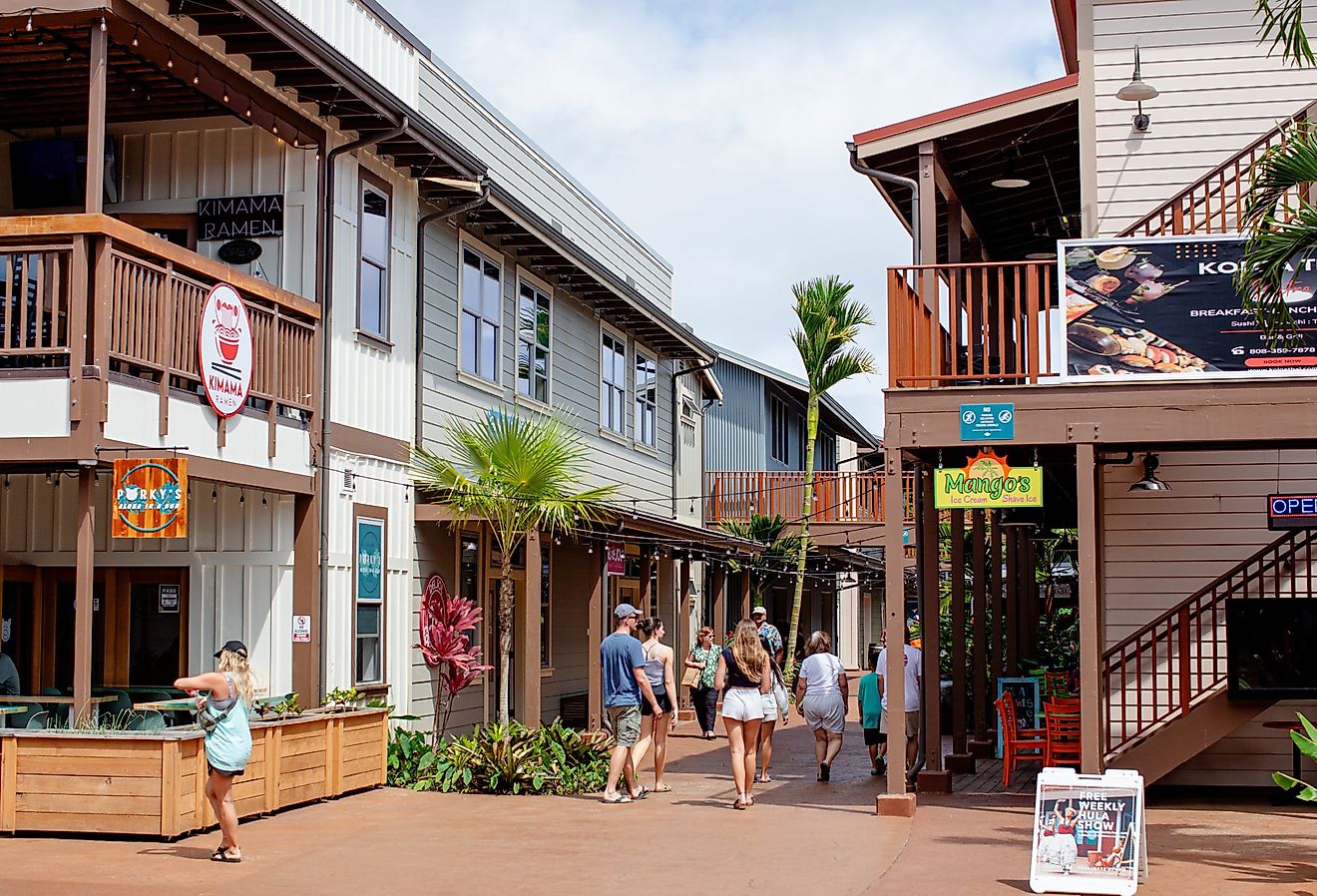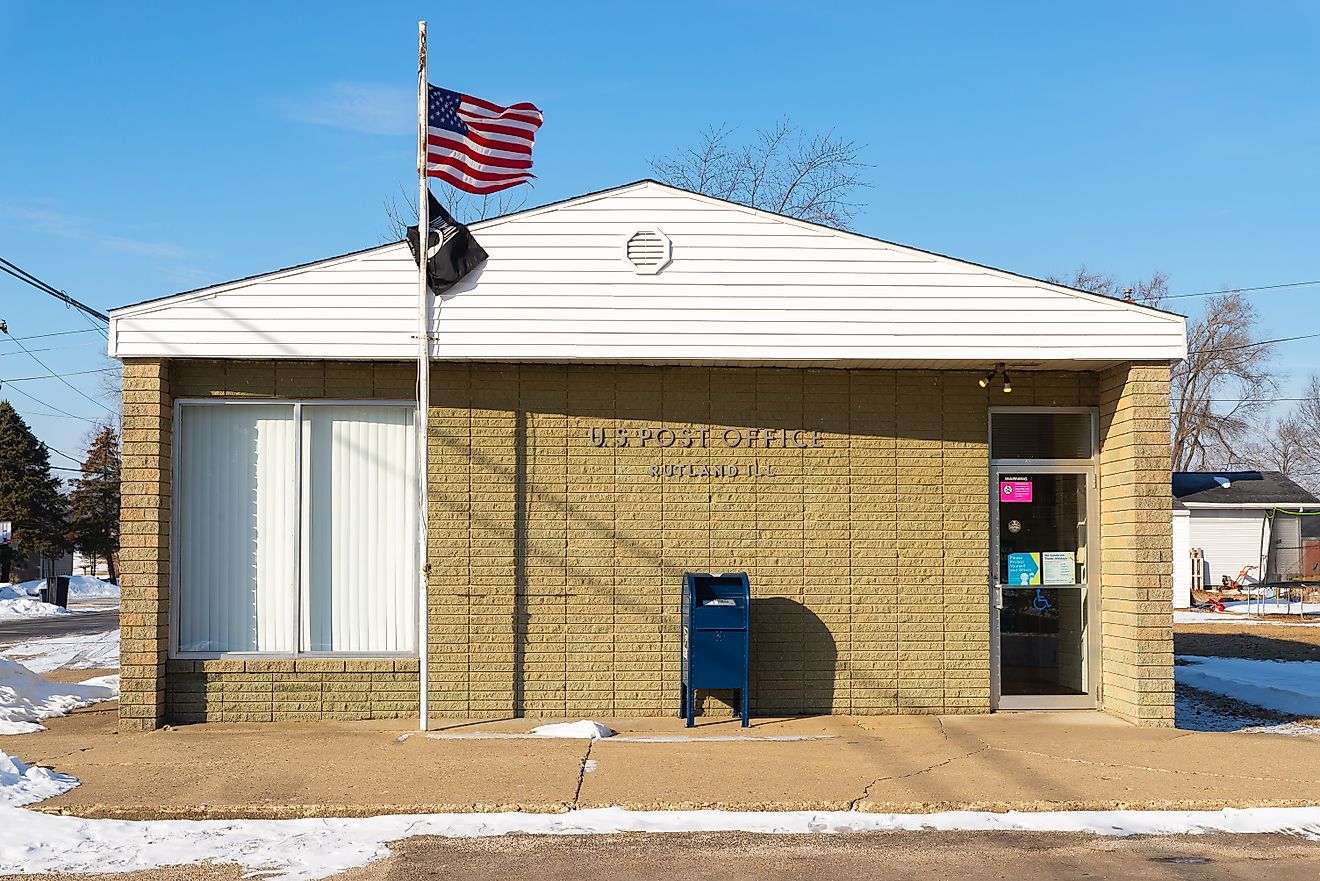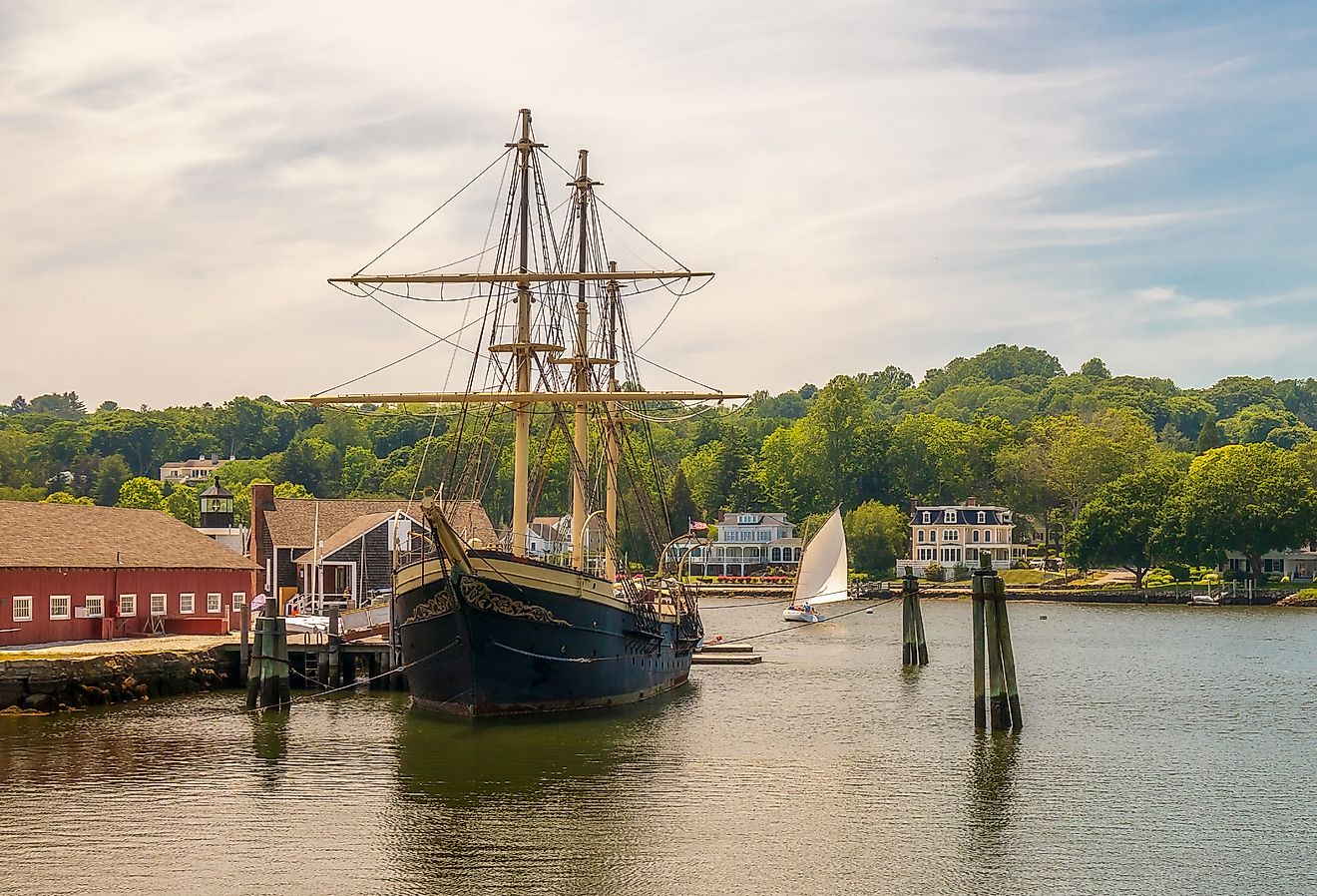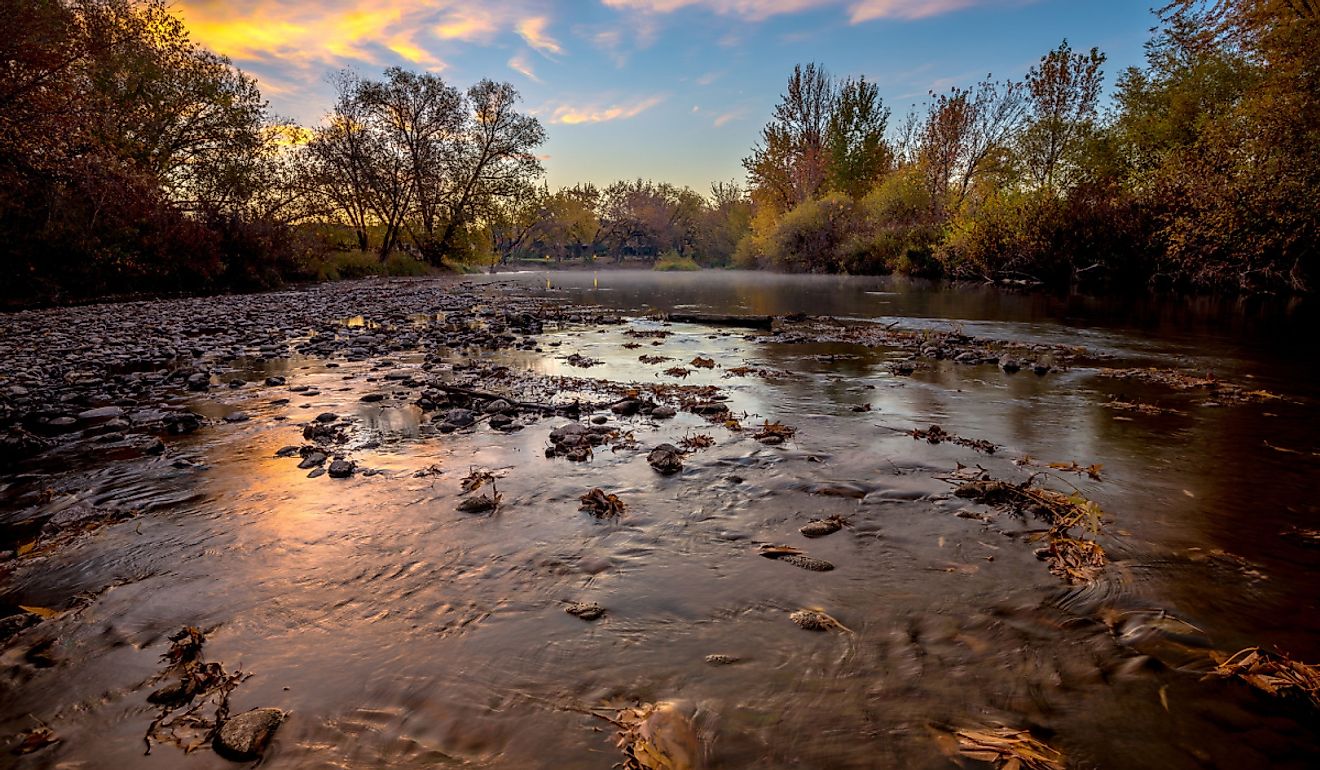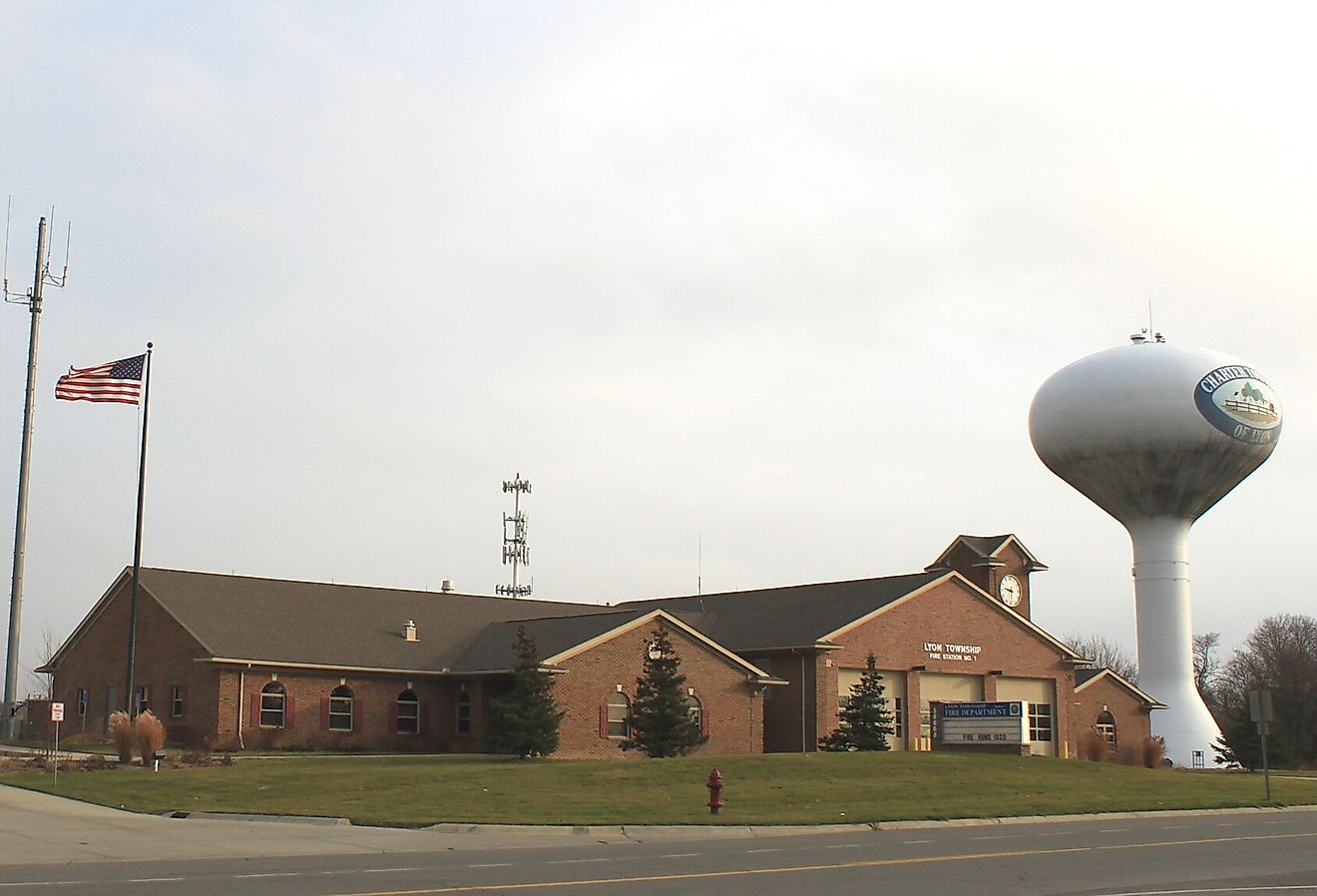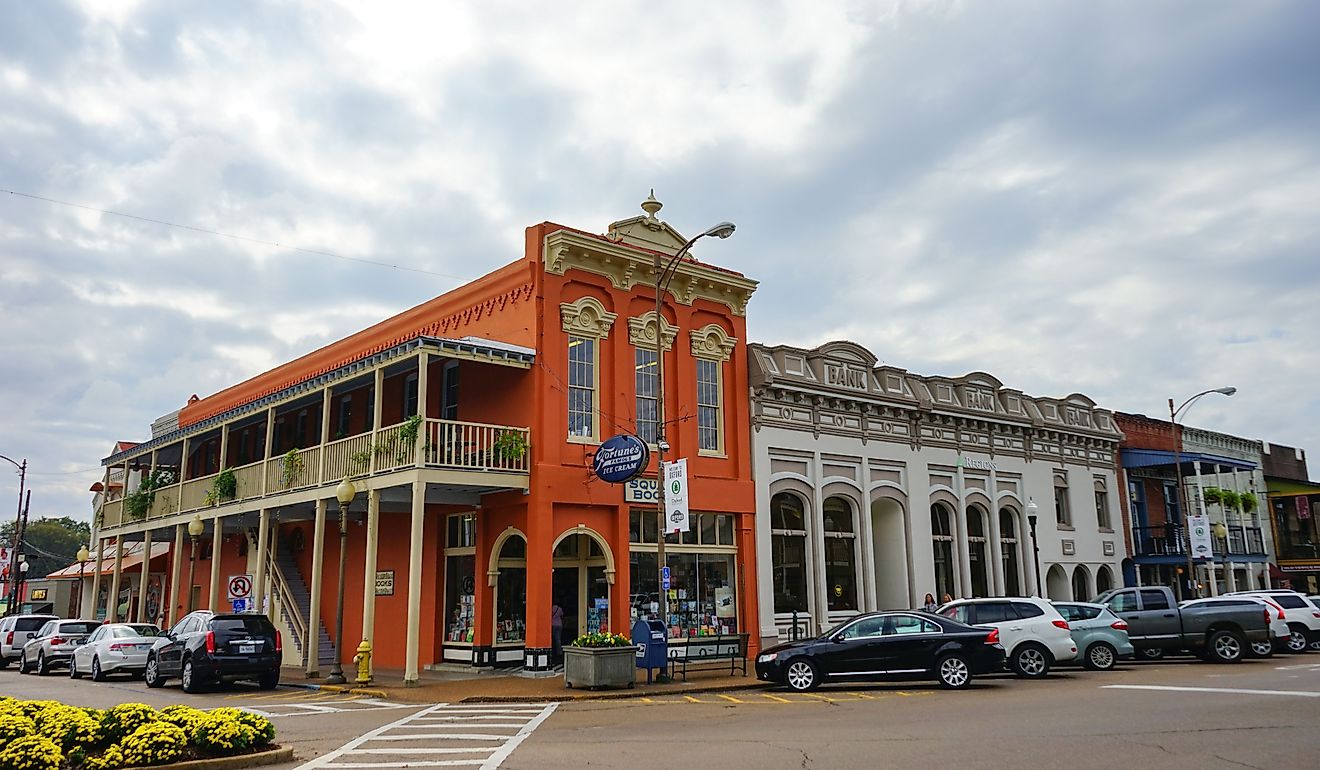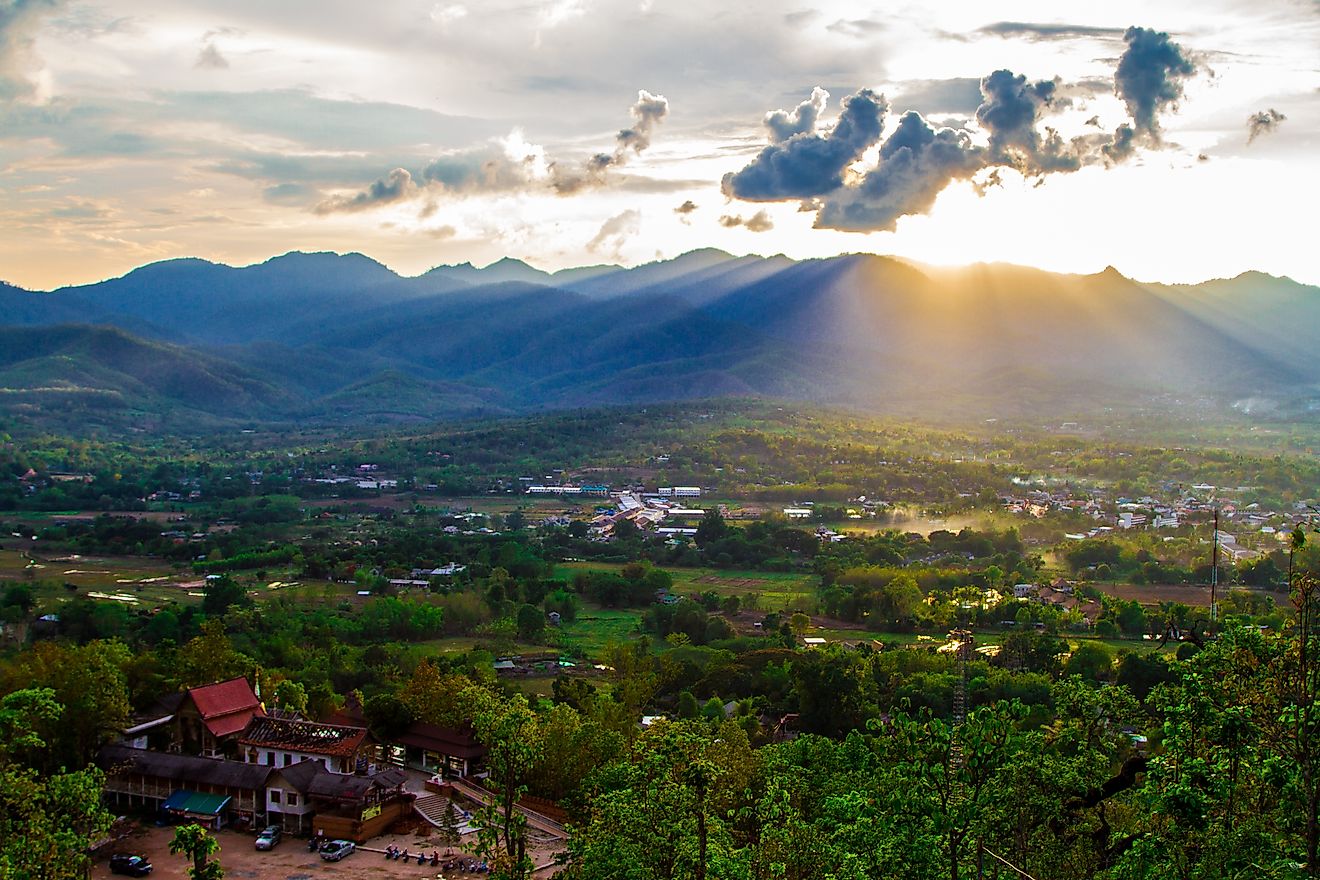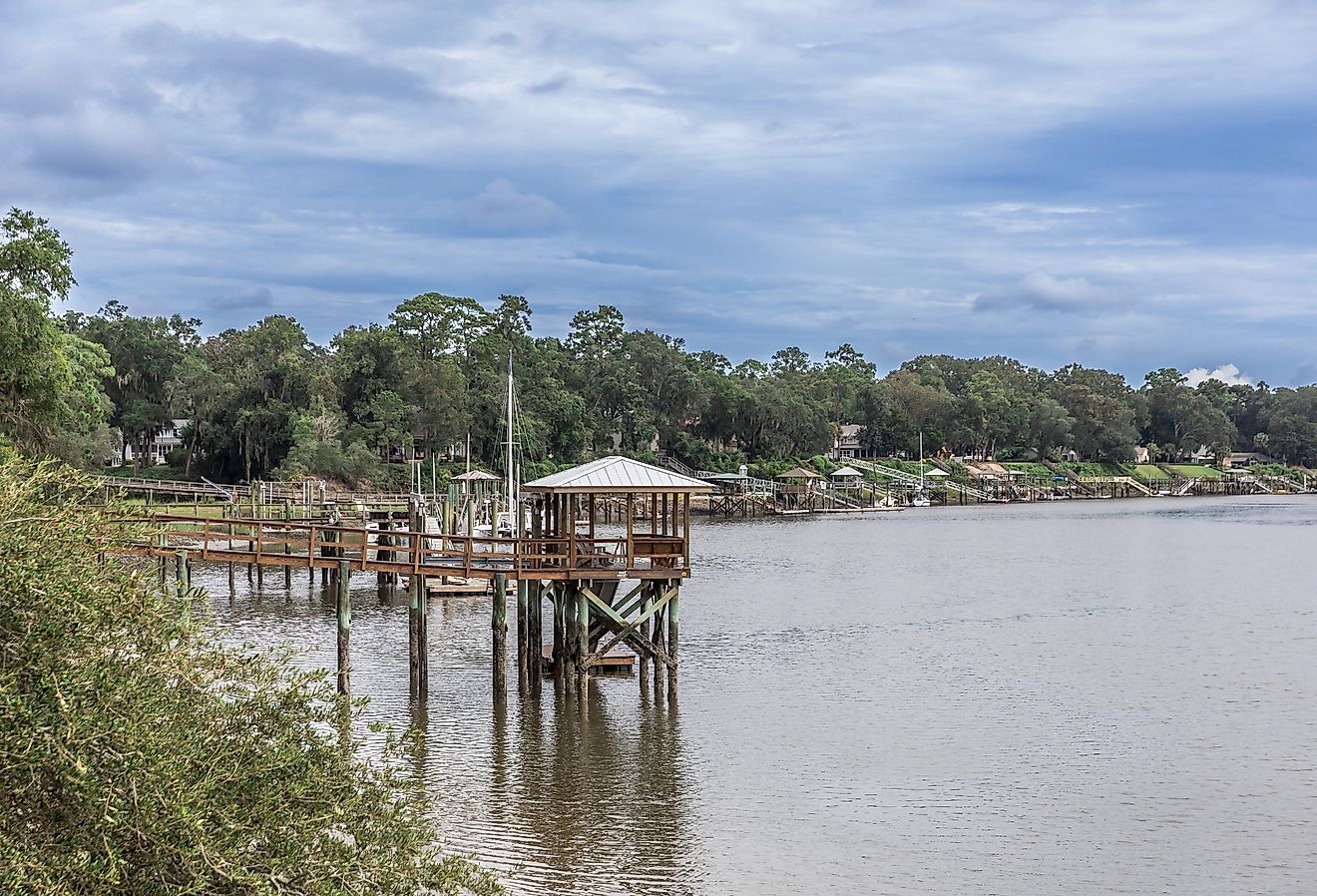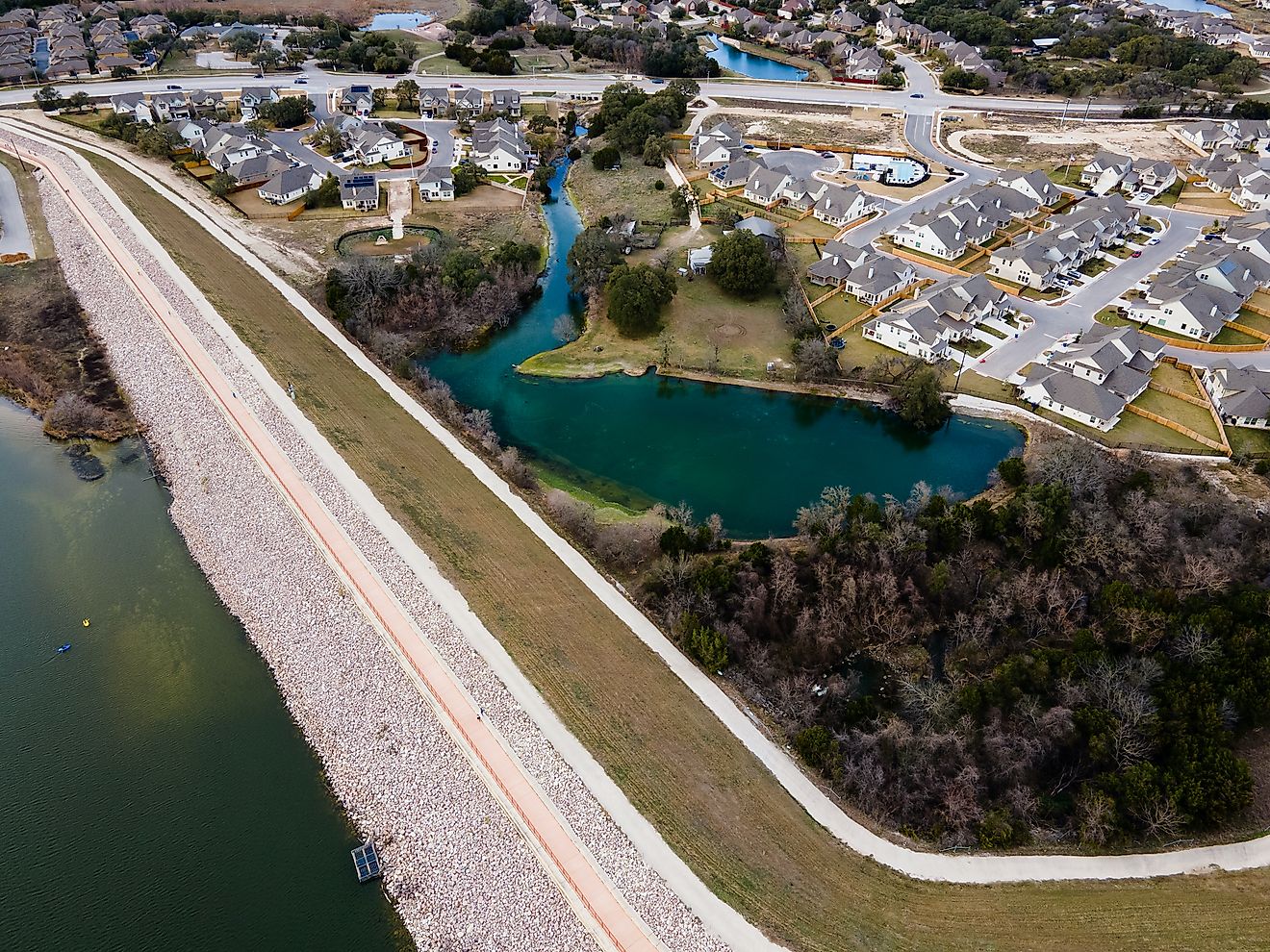The Eight Spectacular Royal Parks Of London

London is one of the world’s most visited cities. Its rich history and culture attract people from all corners of the globe. The city is also known for its large, open green spaces which include the eight Royal Parks. These are lands that were originally owned by the British monarchy and were mainly used for hunting and recreation. These parks are the hereditary possessions of The Crown. They have been listed below:
8. Green Park

One of the eight Royal Parks of London, the Green Park is located in the City of Westminster. Unlike most other parks in the city, the Green Park lacks buildings and lakes. The landscape primarily consists of mature trees rising from the turf. Natural narcissus is the only type of flower growing here. The park occupies an area of 19 hectares between St. James's Park and Hyde Park. A few monuments are located in Green Park like the Diana Fountain, Canada Memorial, and the RAF Bomber Command Memorial. The area that is now Green Park was originally a burial ground for lepers from the St James’s hospital. Later, the Poulteney family owned the land. In 1668, a part of the estate of the Poulteney family was surrendered to Charles II who built a Royal Park in the area.
7. St. James's Park

This Royal Park covers an area of 23 hectares in the City of Westminster. The park is named after a leper hospital that was located in the area. It is part of a chain of parks including the Green Park, Hyde Park, and the Kensington Gardens. Many of the most visited attractions in London like the Buckingham Palace are located close to this park. A small lake with two islands is part of this park. A group of resident pelicans is an important feature of this park.
6. Greenwich Park

Located in south-east London, the Greenwich Park is a former hunting ground and of the area’s biggest green spaces. It occupies an area of 74 hectares and is part of a UNESCO World Heritage Site. The park is closely associated with the history of England. The area was originally part of an estate owned by the Abbey of St. Peter at Ghent. In 1427, this area was surrendered to the British Crown. Since then the royals developed the area in stages. In the 16th century, deer were introduced in the park by Henry VIII for hunting. A small population of deer is still found in the park. James I laid the boundaries of the park with a brick wall that was 12 ft high. The landscaping was done in the 17th century by André Le Nôtre and in the 18th century, the public was allowed to enter the park. The Royal Observatory, a children’s playground, a boating lake, a rose garden, duck pond, etc., are some of the features of the Greenwich Park.
5. Hyde Park

The 140 hectares large Hyde Park is one of the most renowned city parks in the world. It is located in Central London where the Serpentine and the Long Water divide the park. The Hyde Park was established in 1536 by Henry VIII to serve as a royal hunting ground. In the 18th century, major improvements were made to the park and several duels were conducted here during this time.
4. Kensington Gardens

Located immediately to the west of Hyde Park in western central London, the Kensington Gardens cover an area of 111 hectares. The Kensington Gardens was initially part of the Hyde Park but was separated from it in 1728 at the request of Queen Caroline. It was designed to form a landscape garden with fancy features like a Dutch garden, Round Pond, etc. A part of the Serpentine, a recreational lake created by damming the River Westbourne in Hyde Park, passes through the Kensington Gardens. Several classical sculptures and monuments decorate the green area. The Kensington Gardens has been featured in several literary works like Peter Pan in Kensington Gardens.
3. Regent's Park

The Regent’s Park is located in north-west London where it spans an area of 197 hectares. The London Zoo and the Regent's University London are both parts of this park. The park has two ring roads, the Outer Circle, and the Inner Circle. White stucco terraces enhance the beauty of the park’s boundaries. The Regent's Canal runs through the northern end of the park. Playgrounds for children, a boating area, sports pitches, gardens, a lake with waterfowl and a heronry, etc., are present in the park. The London Zoo is present in the park’s northern end. Many other features also enhance the beauty and attraction of this Royal Park of London.
2. Bushy Park

The Bushy Park is also one of the eight Royal Parks of London and the second largest one in this list. It is located in Richmond upon Thames and has an area of 445 hectares. The park is covered by mildly acid and neutral grasslands, wood pastures, and woodlands. The mosaic of habitats found in the Bushy Park hosts a great diversity of invertebrates. The park offers a number of recreational activities like fishing, horse rides, boating ponds, etc. Small populations of fallow deer and red deer are also found here.
1. Richmond Park

This park is famous for its picturesque landscapes. It was established in the 17th century by Charles I as a deer park and encompasses an area of 955 hectares. The Richmond Park’s beauty has inspired many famous artists. TV series and even films have featured this park. The park hosts several buildings of historic and architectural importance like the White Lodge that is now home to the Royal Ballet School.
